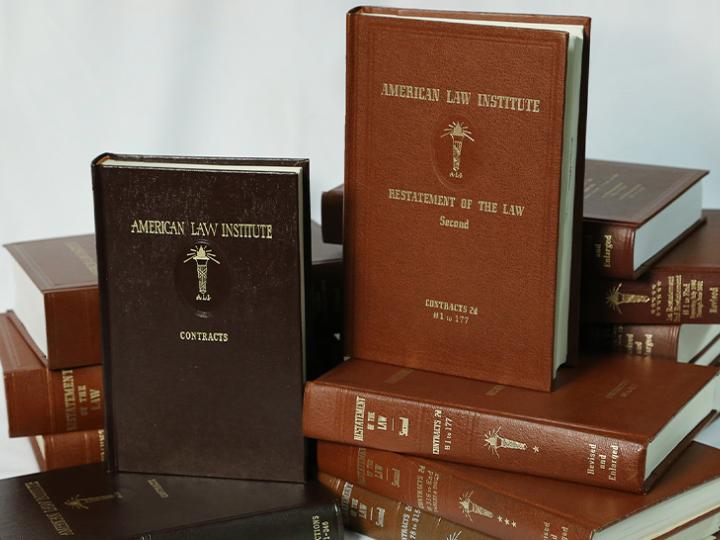In CITGO Asphalt Refining Co. v. Frescati Shipping Co., Ltd., No. 18-565 (March 30, 2020), the U.S. Supreme Court cited “elemental precepts of contract law” set forth in the Restatement of the Law Second, Contracts, in support of its determination that a “safe-berth” clause contained in a vessel owner’s maritime “charter party” agreement with an oil refiner created a warranty of safety that imposed strict liability on the oil refiner for an oil spill that occurred when the vessel was damaged in an unsafe port, despite the oil refiner’s care in the selection of the port.
After the M/T Athos I, a 748-foot oil tanker, struck a nine-ton anchor that had been abandoned on the bed of the Delaware River approximately 900 feet from its destination in Paulsboro, New Jersey, such that the tanker’s hull was punctured and 264,000 gallons of heavy crude oil spilled into the river, Frescati Shipping Company, which owned the tanker and paid for part of the cost to clean up the spill, along with the United States, which paid for the remainder of the costs, sought to recover those costs from the tanker operator that chartered the tanker, and from CITGO Asphalt Refining Company, which was the oil refiner that sub-chartered the tanker from the tanker operator to transport the oil from Venezuela, based on allegations that the oil refiner breached the safe-berth clause contained in its standard-form sub-charter agreement with the tanker operator, which required the oil refiner to “load and discharge at any safe place or wharf.” After a series of proceedings, the Third Circuit concluded that the tanker owner was an implied third-party beneficiary of the charter party between the tanker operator and the oil refiner, and that the oil refiner was liable to the tanker owner and the United States for breach of the charter party’s safe-berth clause. The U.S. Supreme Court, in a 7-to-2 opinion, affirmed the Third Circuit’s decision, holding that the safe-berth clause was a warranty of safety that imposed
liability on the oil refiner for an unsafe berth regardless of the oil refiner’s diligence in selecting the berth.
Associate Justice Sonia Sotomayor, writing for the majority, rejected the oil refiner’s arguments that it did its due diligence in selecting the port and that the safe-berth clause did not impose “strict liability” or “liability without regard to fault,” explaining that, as a general rule, due diligence and fault-based concepts of tort liability had no place in the contract analysis required in this action. Rather, the Court quoted the Introductory Note to Chapter 11 of the Restatement of the Law Second, Contracts, in explaining that, “[u]nder elemental precepts of contract law, an obligor is ‘liable in damages for breach of contract even if he is without fault,’” and that “[c]ontract liability is strict liability.” Justice Sotomayor pointed out that, “[a]lthough contract law generally [did] not, by its own force, limit liability based on tort concepts of fault,” an obligor who wished to avoid strict liability for breach of contract was nevertheless free to limit its obligations consistent with the Restatement of the Law Second, Contracts; however, the safe-berth clause at issue here clearly indicated that the parties to the sub-charter agreement did not contract for any such limitations on the oil refiner’s liability.
In a dissenting opinion, Associate Justice Clarence Thomas, joined by Associate Justice Samuel A. Alito, argued that the plain language of the safe-berth clause did not include a warranty of safety, and that remand was required “for factfinding on whether industry custom and usage establish[ed] such a warranty in this case.” Justice Thomas pointed out that the Court, in prior decisions interpreting the same contractual provision, had not concluded that the safe-berth clause created a warranty of safety, but rather, determined that the language of the clause simply provided a limit on a vessel charterer’s “right to select a dock,” such that its designation of a port had to be made in good faith consistent with the Restatement of the Law Second,
Contracts § 205. The dissent noted that, given the “lack of unambiguous language creating a warranty of safety, . . . the parties’ intentions [should] control,” and that the case should therefore be remanded for factual findings on the question of whether the parties entered into the sub-charter agreement with knowledge of an established custom or usage.
Read the full opinion here.
